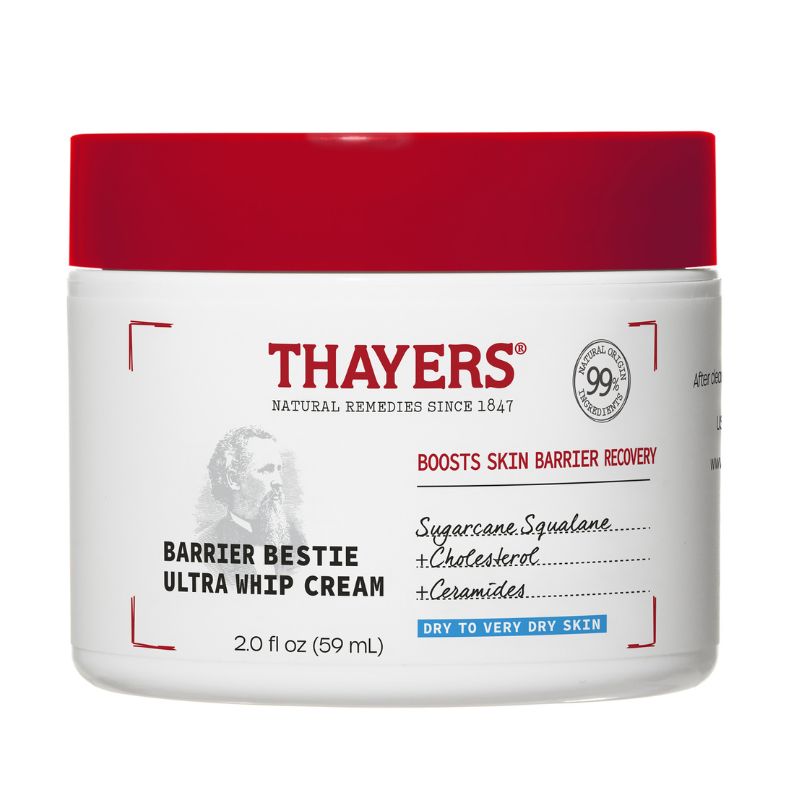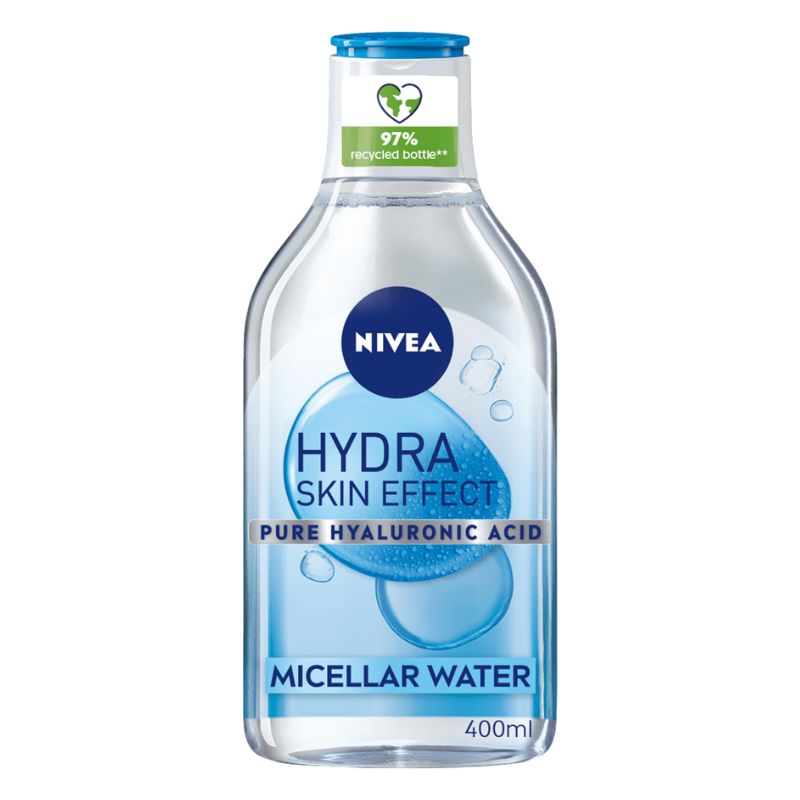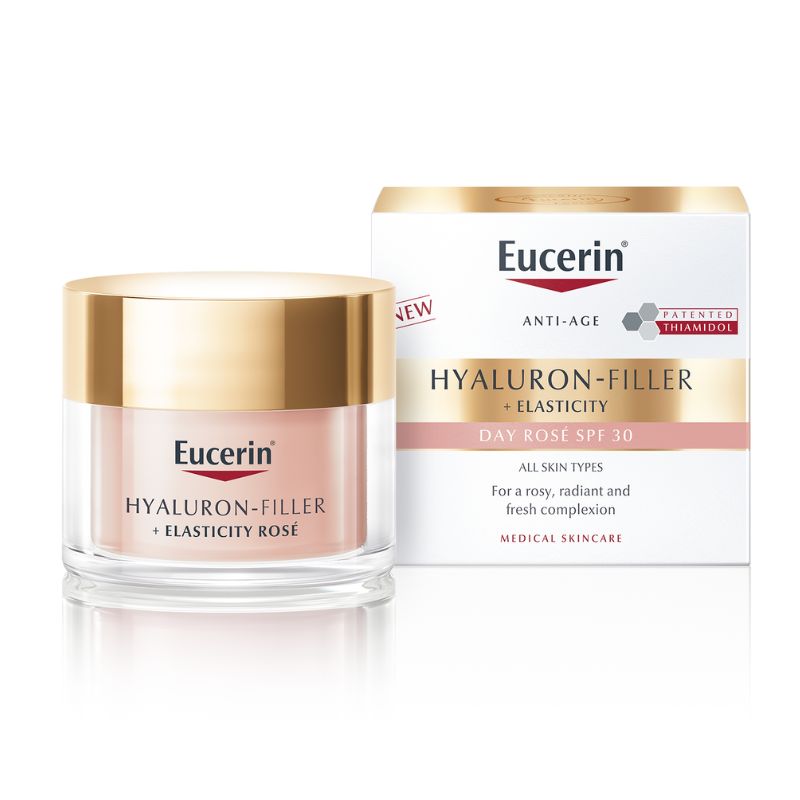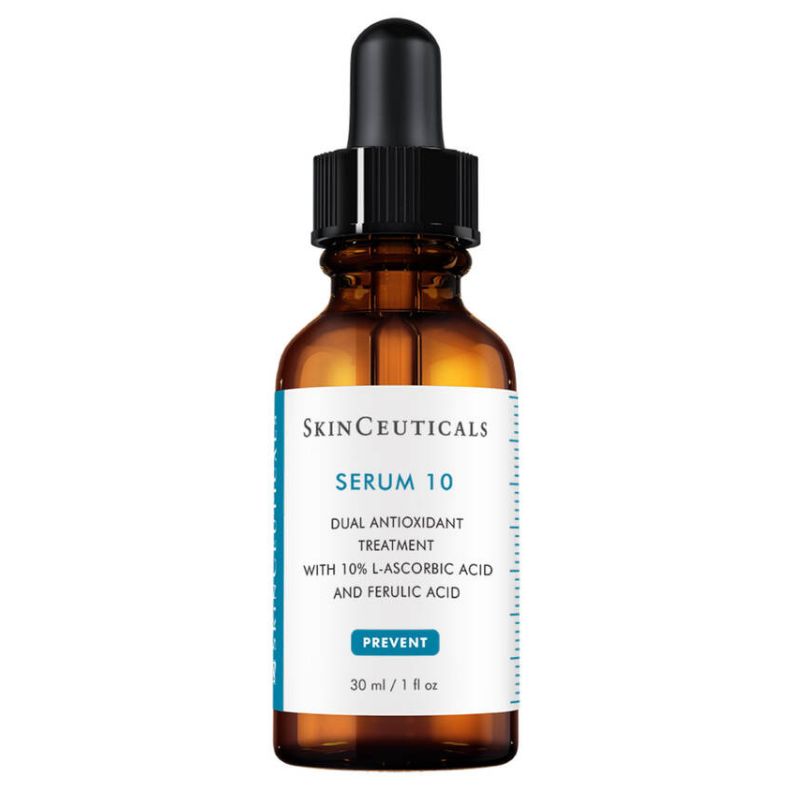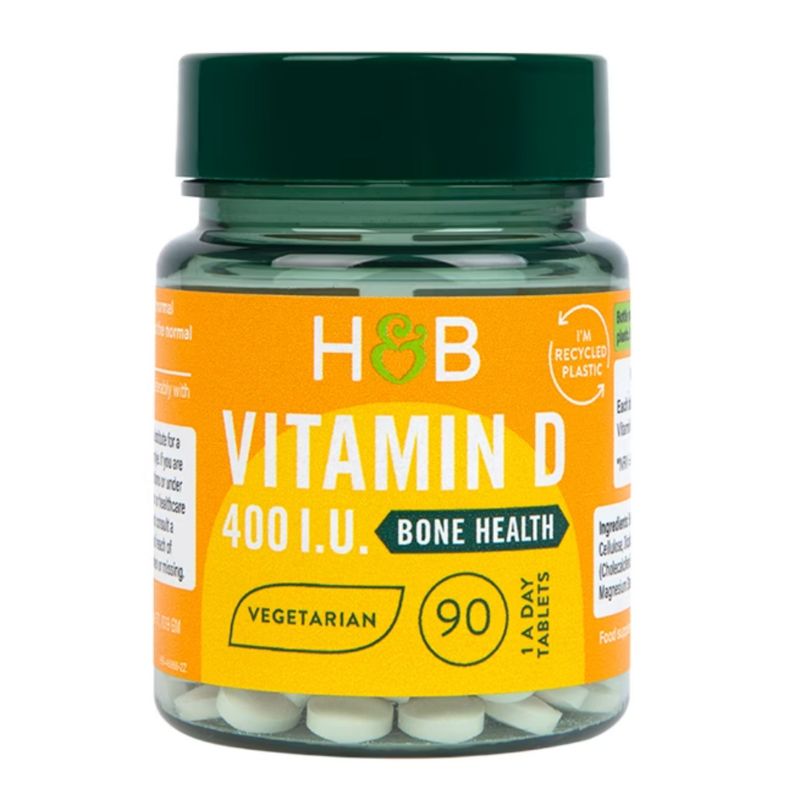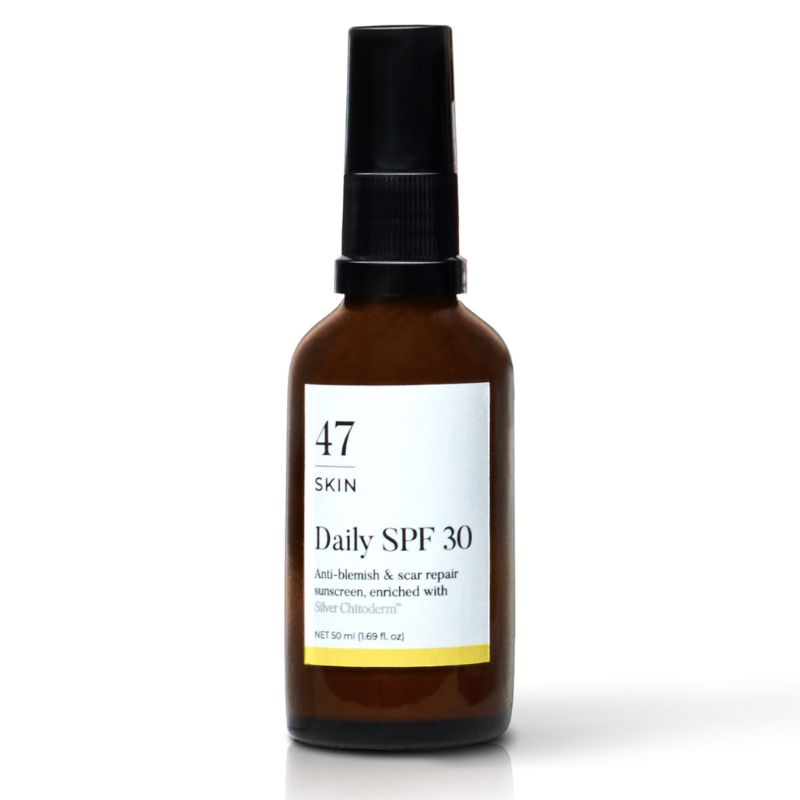7 easy ways to prevent and treat winter skin for a healthier and comfortable complexion in the colder months
Everything you need to know to swerve and soothe dry, dull and generally unhappy winter skin
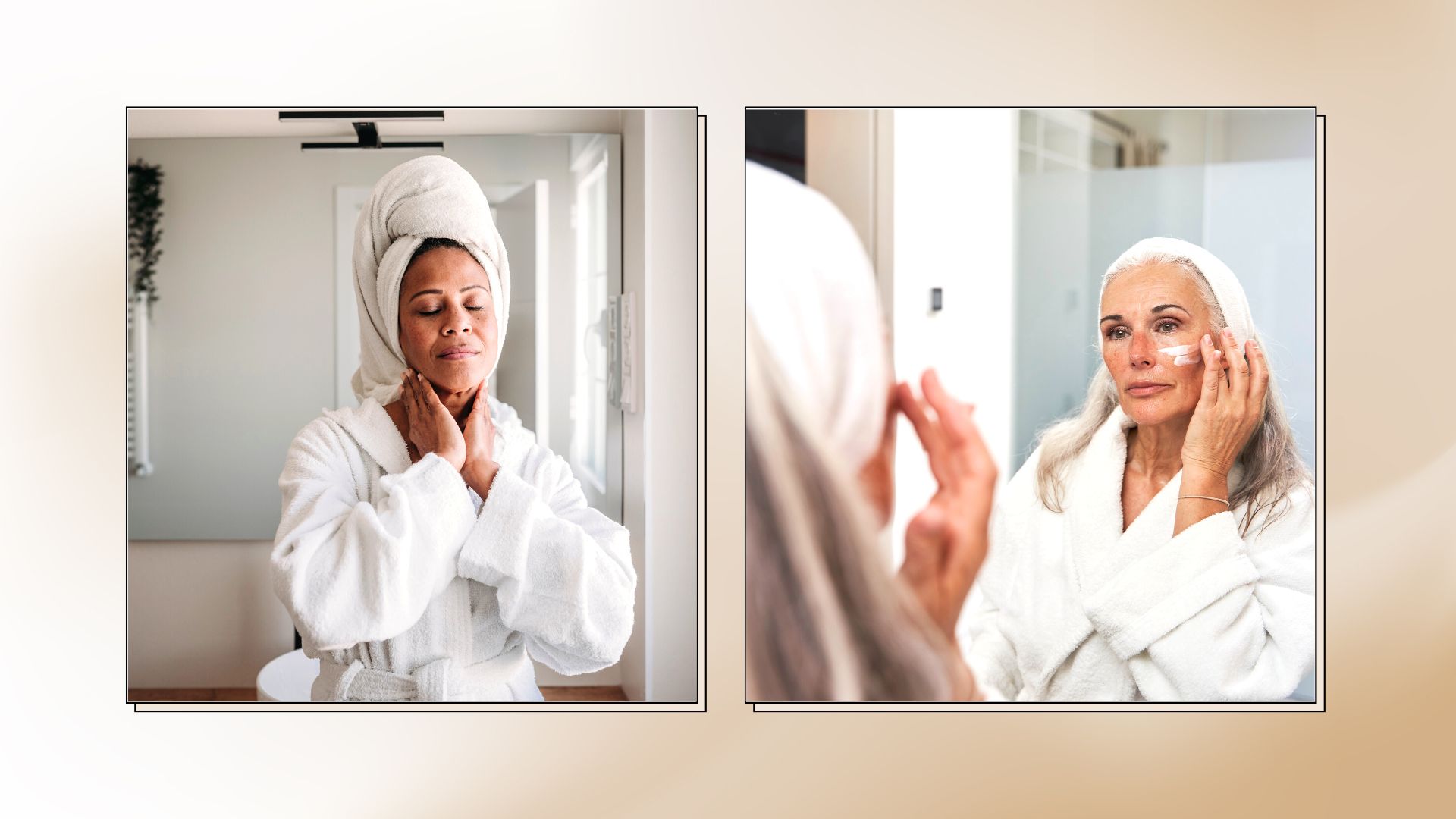

Skin feeling dry, irritated and dull despite all the joys of the festive season? Sounds like you’ve got a case of winter skin.
Just like you winter-proof your wardrobe to deal with the changing seasons (linen is out and wool is very much in) it’s good to know how to switch up your skincare to meet your complexion’s cold-weather needs. That might mean upgrading your best moisturiser to something heavier and more ceramide-rich or trading in a foamy cleanser for the nourishment of one of the best cleansing balms.
“The winter season brings several factors that can affect our skin,” explains NHS doctor, skincare expert and Nivea ambassador Dr Kemi Fabusiwa. “Cold weather, low humidity, drying central heating and reduced sunlight exposure are some of the key elements that can contribute to these effects. Many individuals notice increased dryness, flakiness and roughness during winter. Some people may also experience redness, itching and even conditions like eczema or psoriasis flaring up due to harsh winter conditions.” Dullness is also a specifically wintery problem. In short, winter isn’t great news for our skin. But, the good news, is that we have spoken to three brilliant skin experts to bring you six reliable remedies to prevent and treat those wind, snow and ice-induced side effects.

Dr Kemi Fabusiwa is an NHS doctor with a passion for skincare who used her Instagram platform to answer your most pressing questions. She is currently working as an ambassador for skincare brand Nivea.
7 ways to care for winter skin – and stop your complexion from playing up in the first place
1. Protect and reinforce your skin barrier
Want to know how to fix dry skin? Focus on your skin barrier. The main function of the skin is as a barrier that keeps important things like our organs safely inside our bodies, and unwanted things like bacteria and pollution, out. But, when people say the phrase skin barrier, a lot of the time what they’re talking about is the very top layer of our skin, which is called the stratum corneum. If you look at this under a microscope, you’ll see that it looks a bit like a brick wall, with fatty acids like ceramides making up the mortar that holds our skin cells (aka the bricks) together. When our skin is exposed to cold temperatures, that wall becomes weakened and compromised. There’s not enough oil to keep it structurally sound, meaning moisture can escape through the cracks and lead to dryness and irritation.
“It is important to adjust your skincare during the winter period to include ingredients that will hydrate and support the skin barrier,” says Dr Derrick Phillips, a Consultant Dermatologist working with CeraVe. “Dry skin can be prevented by incorporating ceramides, emollients like shea butter and occlusives like petroleum into your skincare routine. These ingredients will repair the skin barrier and prevent loss of moisture from the skin surface.” With the barrier water-tight and fully intact, winter won’t be able to wreck anywhere near as much havoc on your complexion, and it’ll feel lovely and soft, rather than dry and rough.

Dr Phillips is a Consultant Dermatologist based in London and working with ceramide-focused skincare brand CeraVe. He specialises in all areas of skin health, from acne to rosacea.
Beauty editor recommends…
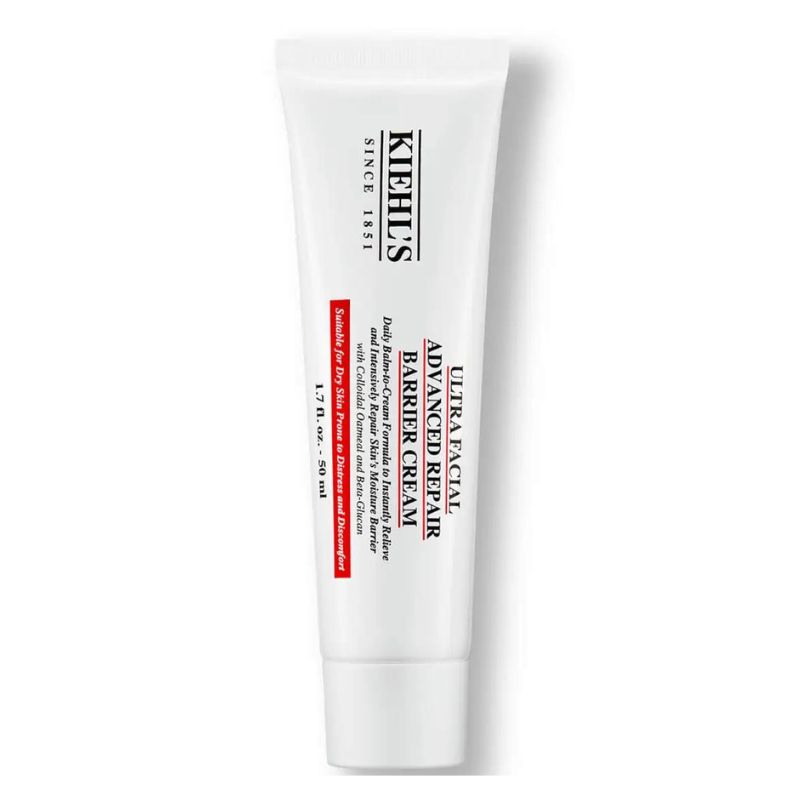
RRP: £32
Satisfyingly thick but not too heavy, this will provide instant relief to anyone suffering from dry, itchy and flaky skin.
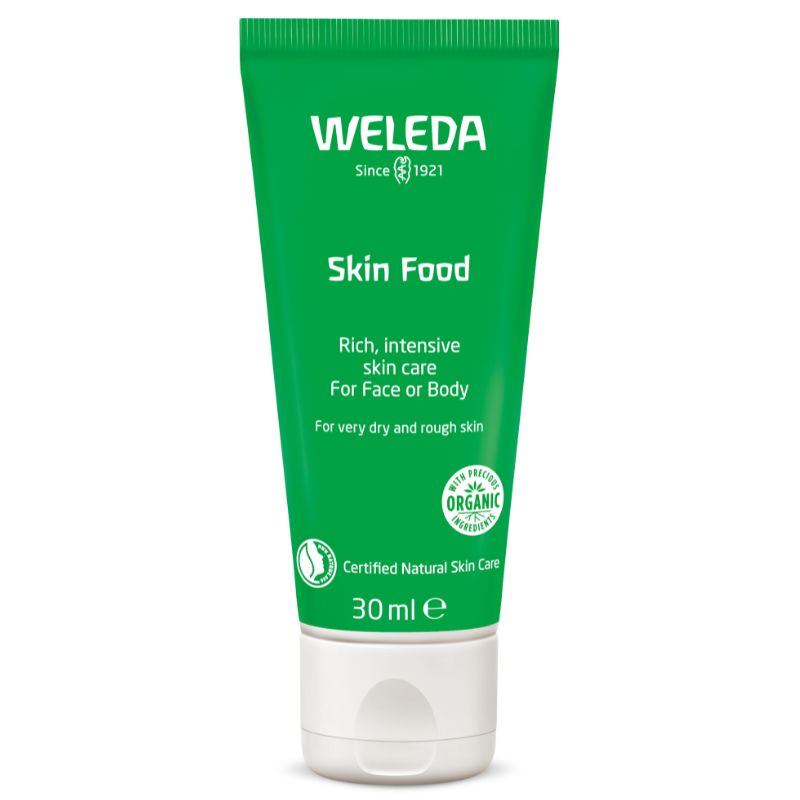
RRP: £13.50
What we love most about Weleda Skin Food is that it's a real multi-tasker that can be used all over your skin and body. You can even use to remove makeup.
2. Turn down the temperature of your taps
We know there’s nothing quite like the satisfaction of stepping under a scorching hot shower or into a bath hot enough to rival a cauldron when it’s freezing outside, but it’s not going to do your skin any favours.
Sign up to our free daily email for the latest royal and entertainment news, interesting opinion, expert advice on styling and beauty trends, and no-nonsense guides to the health and wellness questions you want answered.
“Hot showers taken for comfort during the colder months and sitting close to radiators both strip away the essential natural oils from the outer layers of the skin,” explains Dr Phillips.
To avoid upsetting the delicate balance of your skin and stripping it of moisture, trade searing temperatures for more tepid ones when washing your face and body. It’s also a smart idea to make sure that the products you’re cleansing with are nice and gentle on the skin, rather than harsh or overly fragranced which might irritate sensitive complexions.
Beauty editor recommends…
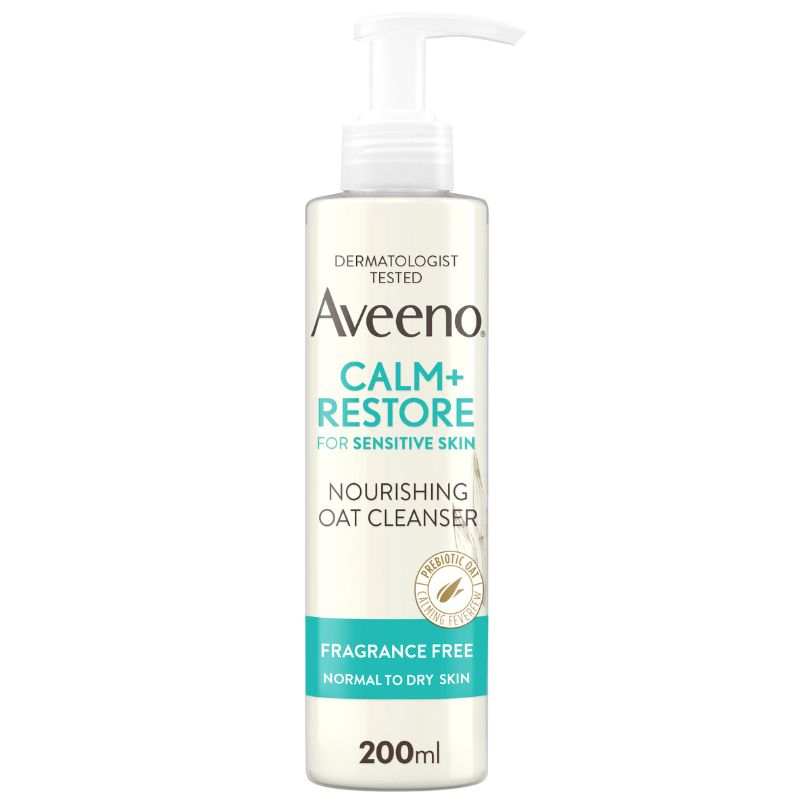
RRP: £6.29
If you struggle to find a cleanser that doesn't irritate your complexion, this is it. It's fragrance-free and doesn't foam at all.
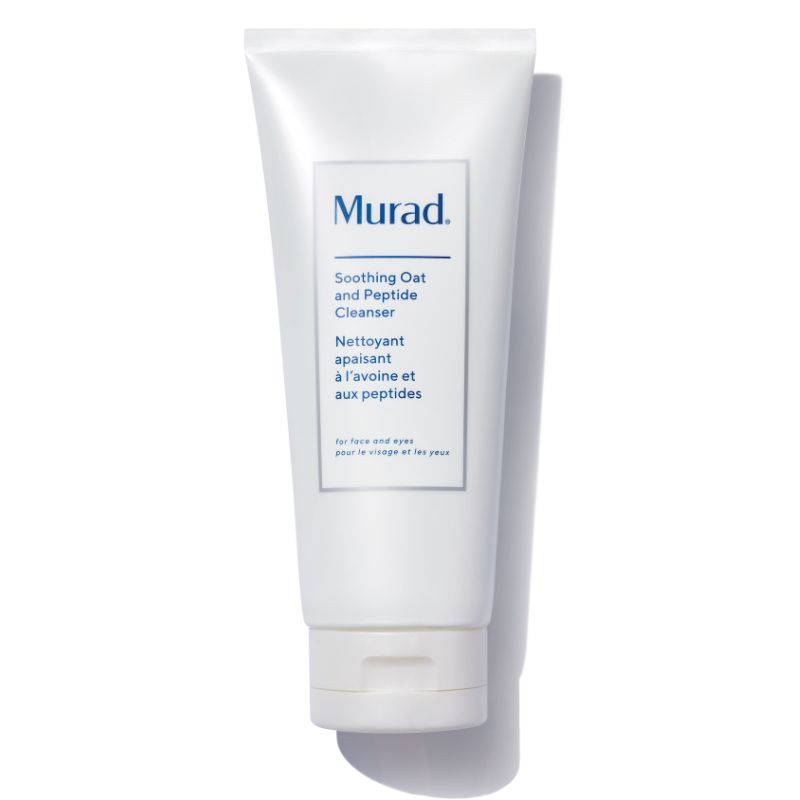
RRP: £42
Is it expensive for a cleanser? Yes. Does it feel suitably luxurious when you use it? Also yes. A soothing treat that leaves skin plump, soft and not at all stripped.
3. Rehydrate your skin
Unlike dry skin which which is short on oil, dehydrated skin is lacking in water. All skin types can be impacted by dehydration during the winter, so your skin could be oily and dehydrated all at once. It happens during the colder months partly as we’re less good at hydrating our bodies in general (it’s harder to guzzle the NHS-recommended six to eight glasses a day when you’re not hot or thirsty) and also because lower humidity levels both indoors and out mean there’s less hydration available for our skin to absorb from the atmosphere.
As well as making sure we’re drinking enough “the key to treating and preventing dehydrated skin is using moisturisers and skincare products containing hyaluronic acid, glycerin and urea,” advises Dr Phillips. All three of these belong to a family of ingredients called humectants which work like magnets to draw moisture into the skin and hold it there.
Beauty editor recommends…
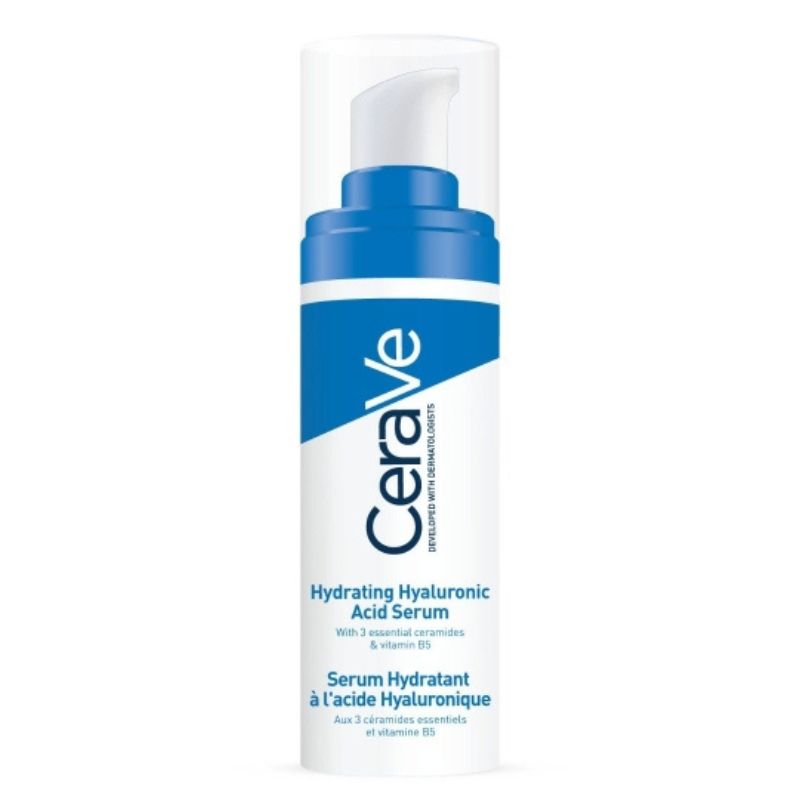
RRP: £21
CeraVe's speciality is ceramides, and here they've blended them with hyaluronic acid to attract moisture into the skin and seal it there.

RRP: £41
Hyaluronic acid comes in different weights which penetrate different levels of the skin. This contains three different weights, for both surface level and deep-down hydration.
4. Don’t overwhelm your complexion
Winter is the perfect time to address any skin concerns, like hyperpigmentation, that have either been brought on or made worse by a summer’s worth of sun exposure. “Brighter-looking skin can be achieved through exfoliation with acids and retinoids, which remove superficial pigmentation and promote the renewal of the outer layers of the skin,” advises Dr Phillips. “ The problem though, is that if your skin is irritated and compromised by the colder weather, then it’s not going to take too kindly to a sudden influx of strong actives. Our advice is to go slow and low, introducing one new ingredient or product at a time and using just a couple of times a week, to begin with. Once you can see that your skin is happy and tolerating this well, you can consider upping the ante with more regular use or combining it with different ingredients.
“Some individuals may want to consider switching their skincare to less harsh products generally during the winter, perhaps skipping the actives that may be stripping the skin of natural oils,” says Dr Pyal Patel, a GP and expert advisor for E45. Beta-hydroxy acids like salicylic acid, a type of liquid exfoliant that works wonders on overly oily and spot-prone complexions, is a good example of an ingredient you might need less of during the winter, as the weather means your complexion is less likely to be congested. Trade instead for poly-hydroxy acids (or PHA skincare for short) like gluconolactone and lactobionic acid which are still great exfoliation but much gentler on the skin.

Dr Pyal Patel is a GP with a special interest in dermatology and all things skin-related. She is a fountain of knowledge when it comes to product recommendations as well as practical advice, and currently working as an expert advisor for E45.
Beauty editor recommends…
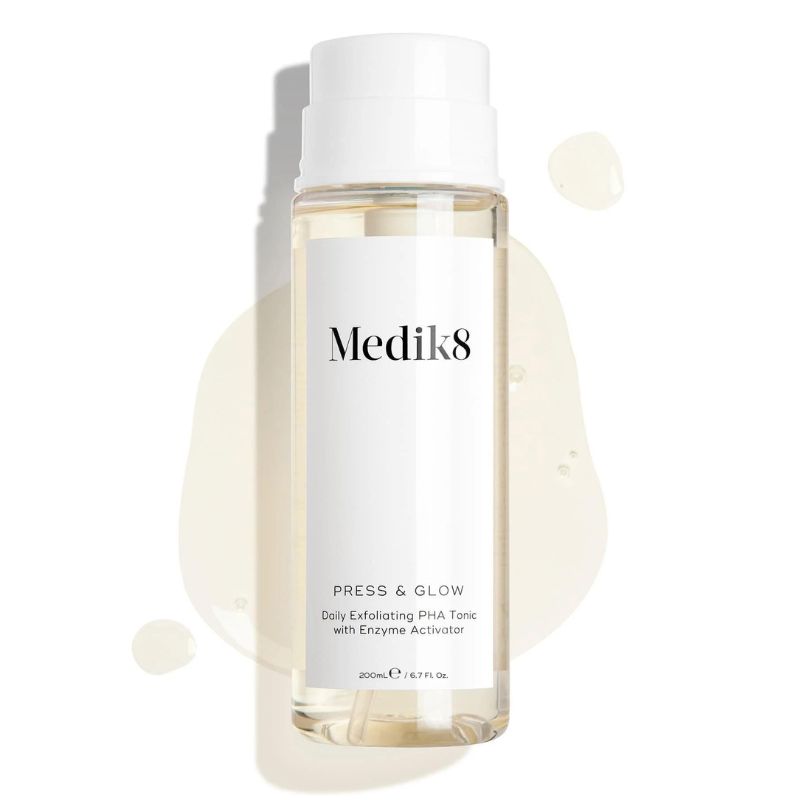
RRP: £28
As it's formulated with PHAs rather than AHAs or BHAs, this exfoliator can be used as often as twice a day to break down the bonds that hold old skin cells to the surface of our complexions.
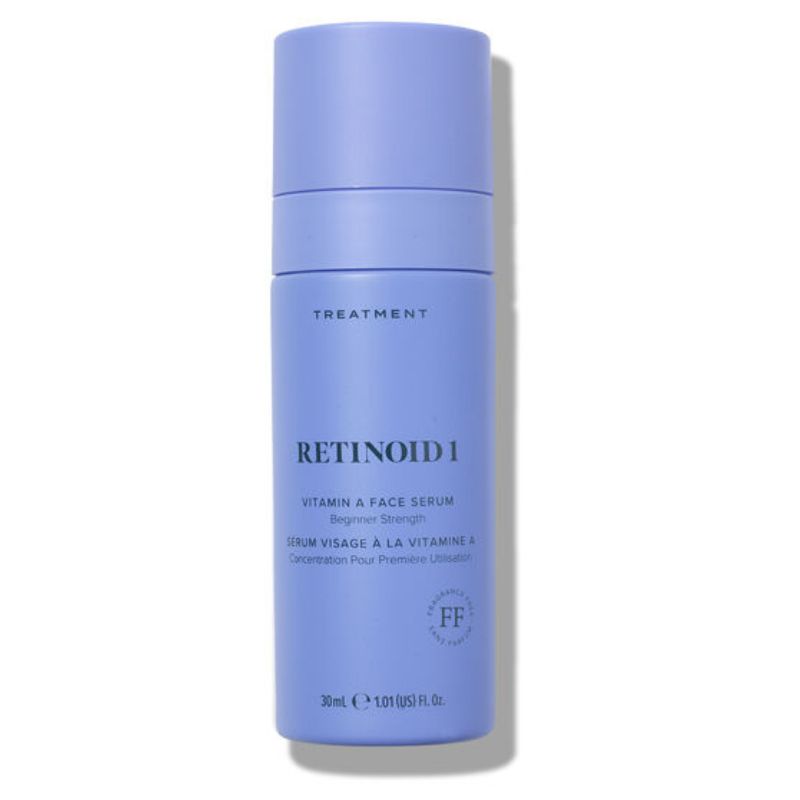
RRP: £65
A great starting point into the wonderful world of retinoids, this beginner strength serum won't be a shock to your skin's system.
5. Get outdoors when you can
With most of us leaving for work in the dark and coming home in the dark, it’s tricky to get much sun exposure at all between November and February. “A lack of sunlight during winter can impact our complexion,” explains Dr Fabusiwa. “Sunlight is an important source of vitamin D, which plays a crucial role in maintaining healthy skin. Reduced sunlight exposure can lead to a deficiency of this vitamin and potentially affect the overall appearance and function of our skin.”
If you can’t nip out for a walk on your lunch hour, think about other ways you can top up your vitamin D levels, such as applying topical skincare that contains it, popping a supplement or investing in a sun lamp for your desk.
Beauty editor recommends…
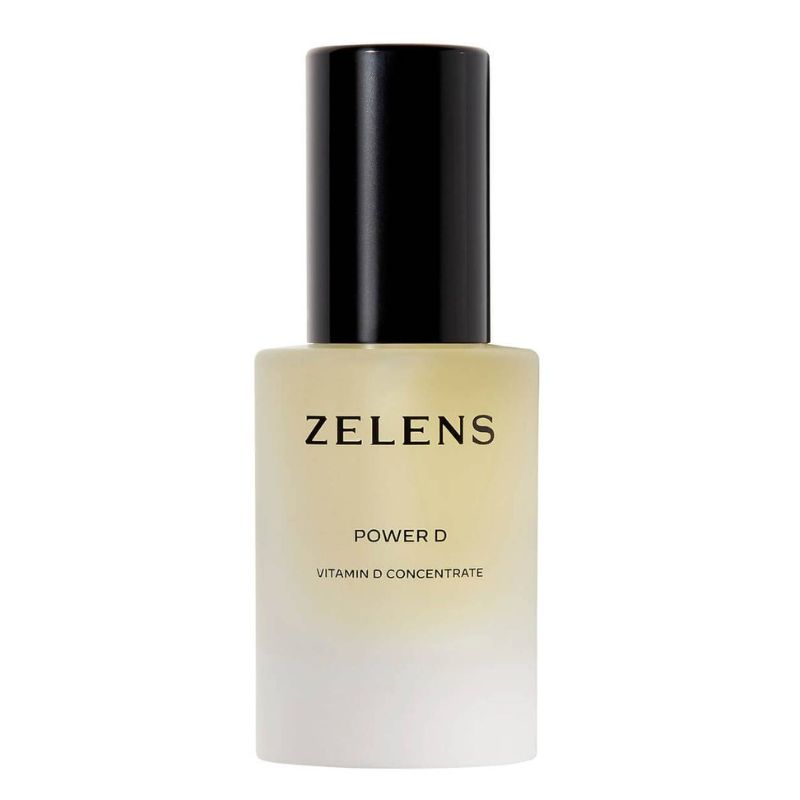
RRP: £105
Not many brands are using vitamin D, which is partly why this serum is on the pricey side. It works wonders to boost the skin's functions for a happier, healthier complexion.
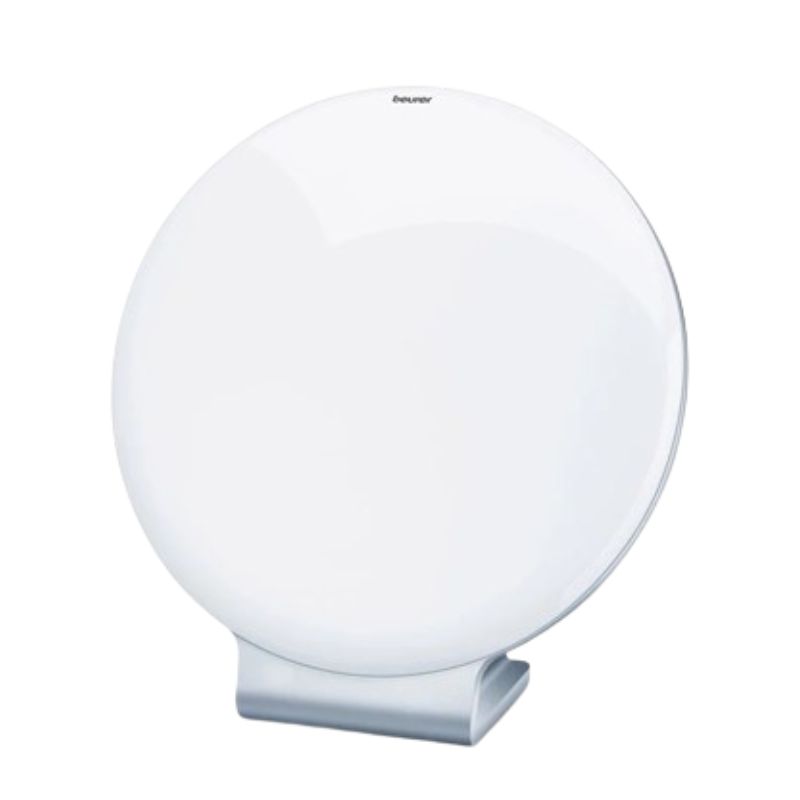
RRP: £79.99
It might look like a mirror, but this is actually a mini light therapy lamp which uses LED technology to support those with Seasonal Affective Disorder.
6. Invest in an antioxidant serum
Skin looking drab? Alongside soaking up some more vitamin D, antioxidants are your secret weapon against winter-induced dullness. They work by preventing free radicals (a type of molecule emitted by things like UV rays, pollution and cigarette smoke) from damaging your healthy skin cells and robbing them of radiance. With continued use, they can also make your skin appear generally brighter and more luminous by evening out its tone and fading hyperpigmentation.
There are lots of different antioxidants used in skincare, such as vitamin E, glutathione and resveratrol, but vitamin C is the most popular. “Using products with brightening ingredients like vitamin C can help improve skin tone and reduce dullness,” says Dr Fabusiwa.
Beauty editor recommends…
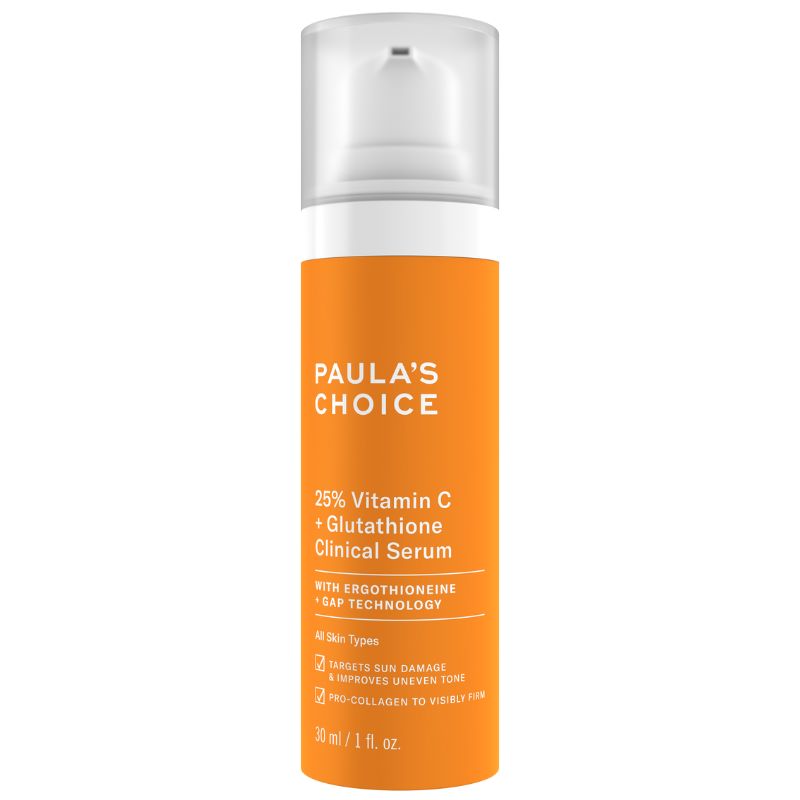
RRP: £60
Powered by a triple-threat of antioxidants (vitamin C, glutathione and ergothioneine) this serum is proven to reduce the visible signs of sun damage.
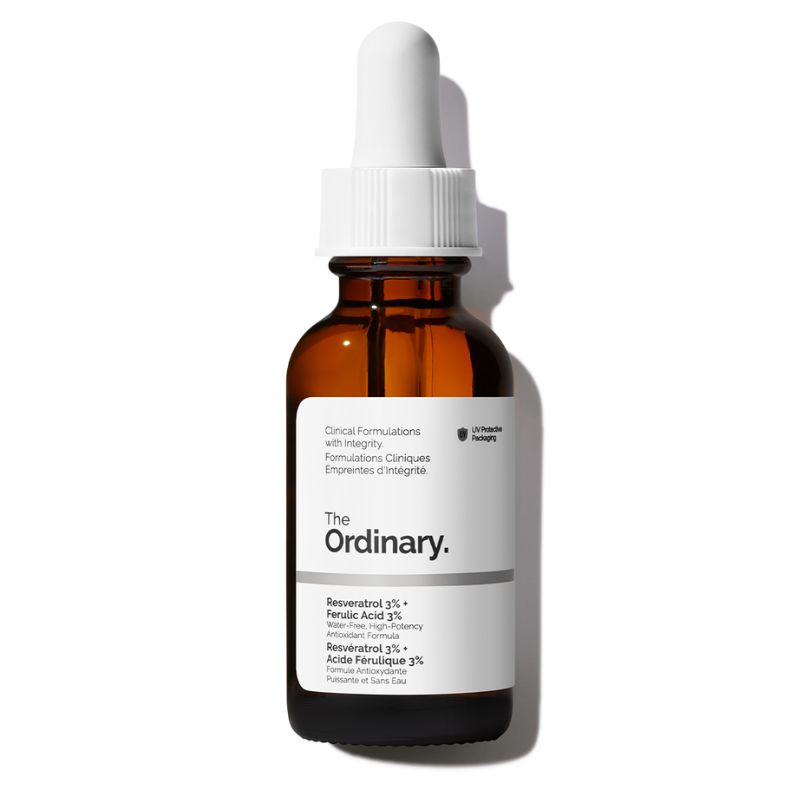
RRP: £8.90
If you're new to antioxidants and don't want to break the bank, this budget serum is a brilliant entry-level buy. Skin looks brighter and fresher after a few weeks of use.
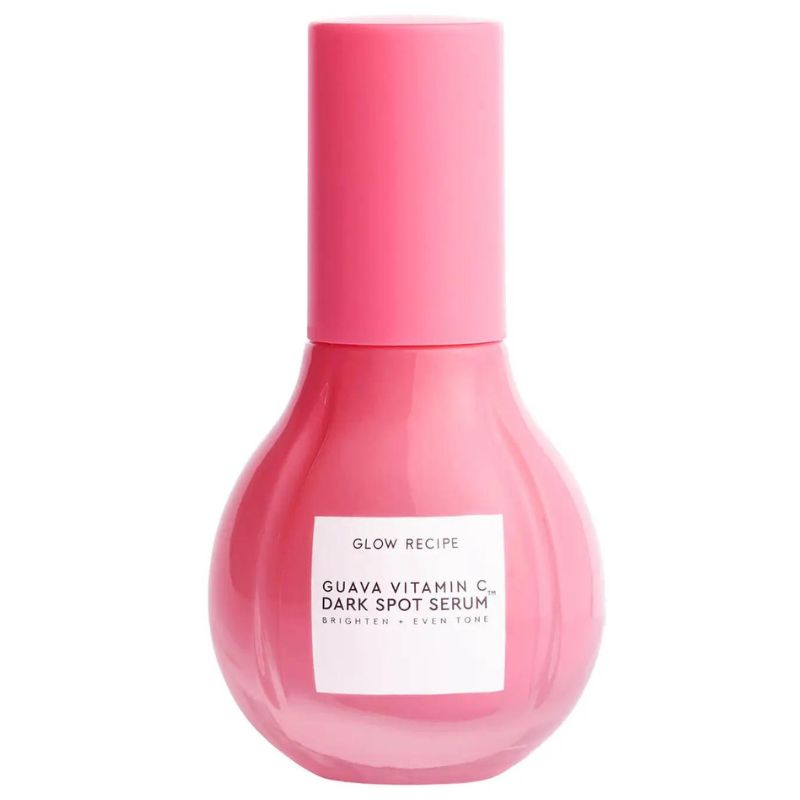
RRP: £41
Harnessing the power of vitamin C, ferulic acid, vitamin E, guava extract and exfoliating acids, hyperpigmentation doesn't stand a chance against this serum.
7. Don’t forget your SPF
During the summer it’s easy to think of your best facial sunscreen as a non-negotiable daily essential, but when it’s grey and dreary outside rather than super sunny, it starts to feel much less important. The problem with that mindset though, is that the potential for sun damage doesn’t disappear when the clocks fall back.
“Although the sun may not feel as intense during winter, harmful UV rays can still penetrate through clouds and cause damage to our skin,” explains Dr Fabusiwa. This particular type of UV she’s talking about is UVA rays, which, according to Dr Phillips, “stimulate the breakdown of collagen, damages skin cells and is responsible for 80% of the signs of skin ageing.” All in all, not ideal.
“Snow can also reflect sunlight, intensifying its effects,” Dr Fabusiwa adds. “Therefore, it’s crucial to wear sunscreen with at least SPF30 on exposed skin, especially the face, during winter to protect against UV damage and premature ageing.” Not taking this advice might not mean winter skin problems for this year, but unfortunately will come back to bite you later. Play it safe by following your daily moisturiser with one of the best sunscreens for sensitive skin.
Beauty editor recommends…
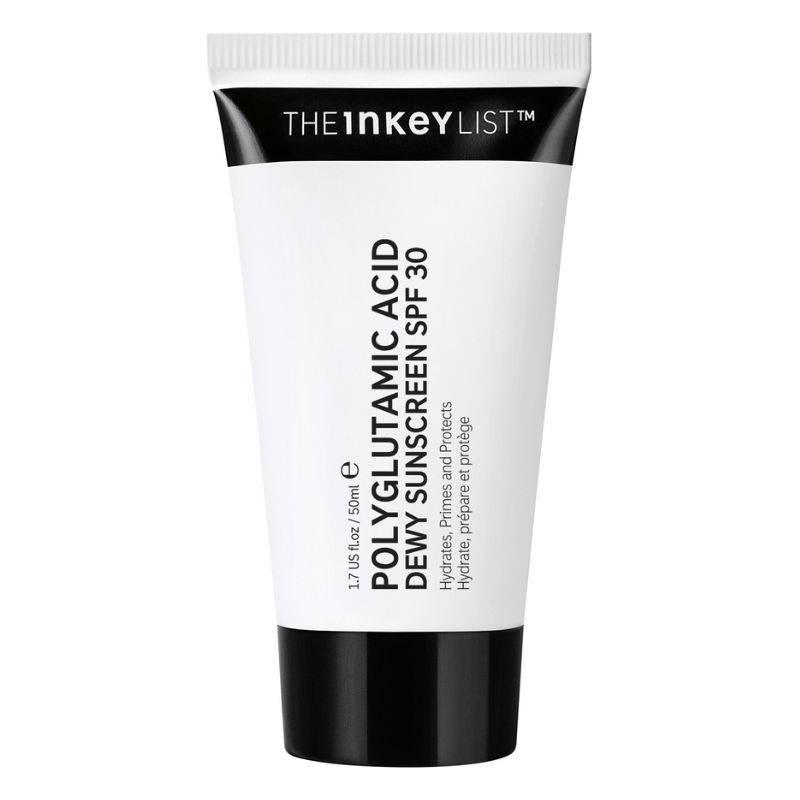
RRP: £14.99
A deliciously dewy sunscreen that creates a hydrating film on the skin to help maintain its moisture levels at the same time as shielding from UV rays.
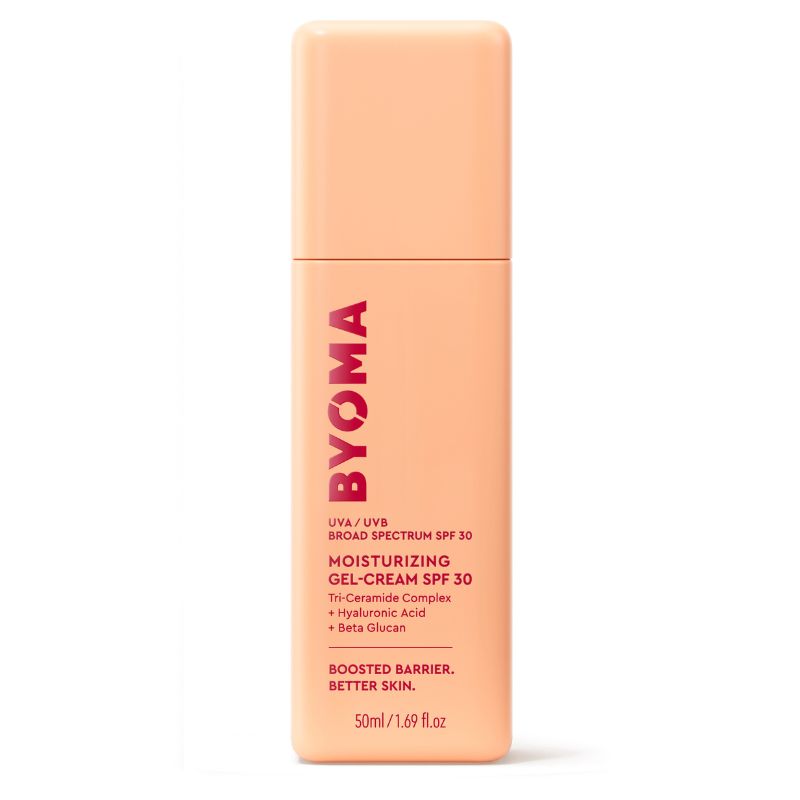
RRP: £15
Lightweight and refreshing, this is the kind of sunscreen you don't even notice you're wearing. Ceramides will help to boost your barrier too.
Jess Beech is an experienced fashion and beauty editor, with more than eight years experience in the publishing industry. She has written for woman&home, GoodtoKnow, Now, Woman, Woman’s Weekly, Woman’s Own and Chat, and is a former Deputy Fashion & Beauty Editor at Future PLC. A beauty obsessive, Jess has tried everything from cryotherapy to chemical peels (minus the Samantha in Sex and The City-worthy redness) and interviewed experts including Jo Malone and Trinny Woodall.
